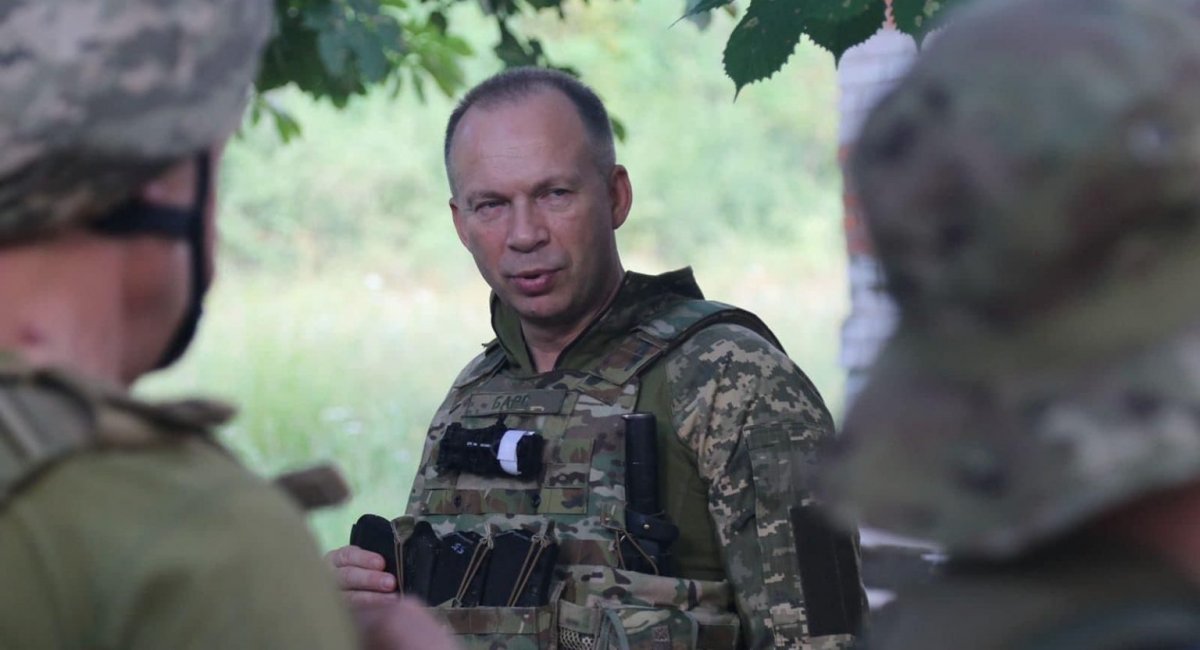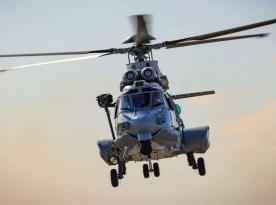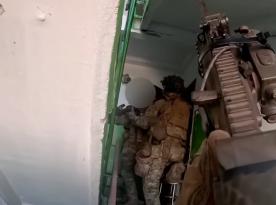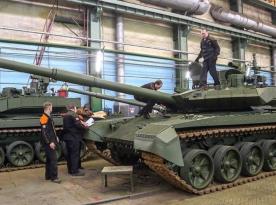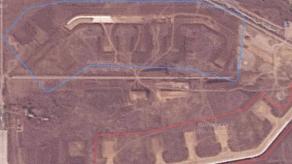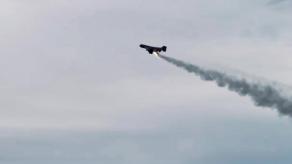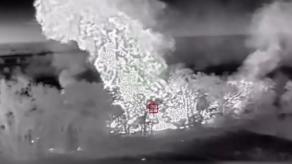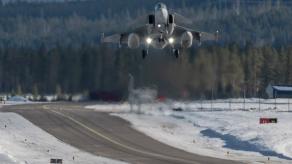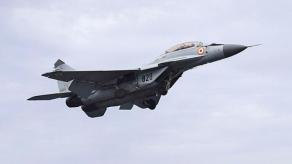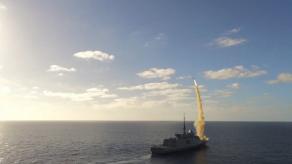Ukraine's Land Forces Commander: "You Want to Deliver Such a Blow to the Enemy That They Can Never Get Back to UkraineGen. Col. Oleksander Syrskiy answered a number of questions in an interview with ABC News' Chief Foreign Correspondent Ian Pannell in the eastern Ukrainian city of Kharkiv on Sunday. As the 57-year-old top commander of his country's land forces, Syrskiy has played a decisive role in turning the war in Ukraine's favor, first leading the successful defense of the capital, Kyiv, and then -- most recently -- masterminding the spectacular counteroffensive in the northeast that upended the monthslong conflict and threw russian forces onto the defensive.
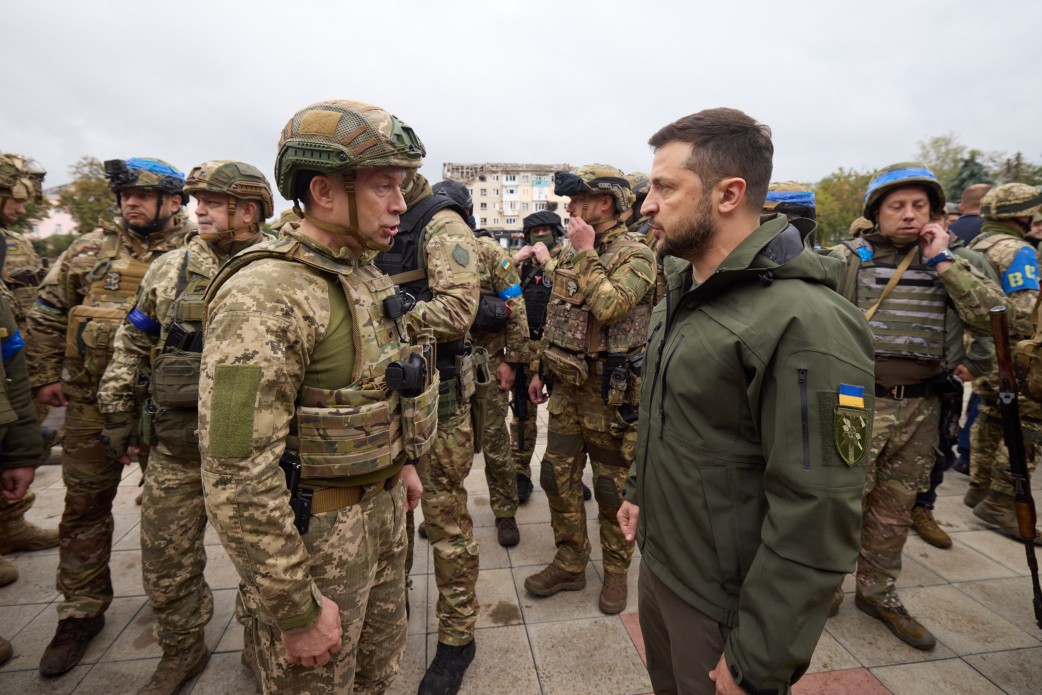
Ukraine's successes, however, have been shadowed by the recent threats from putin that russia might resort to nuclear weapons to reverse the course of his war in Ukraine. Syrskiy told ABC News that he takes the threats seriously.
Read more: russia is Preparing to Use iranian Missiles and New Kamikaze Drones, Troops will Get iranian Equipment
"We are and should be worried," Syrskiy said. "I do believe that such a threat really exists and we have to take it into account."
The urgency of those worries was underlined on Sunday when russian Minister of Defense Sergey Shoigu made telephone calls to his counterparts in France, Turkey, the United Kingdom and the United States, alleging that Ukraine was preparing to use a "dirty bomb" on its own territory. Shoigu's claim sparked fears that russia might be laying the groundwork to use a nuclear weapon and blame Ukraine for it.
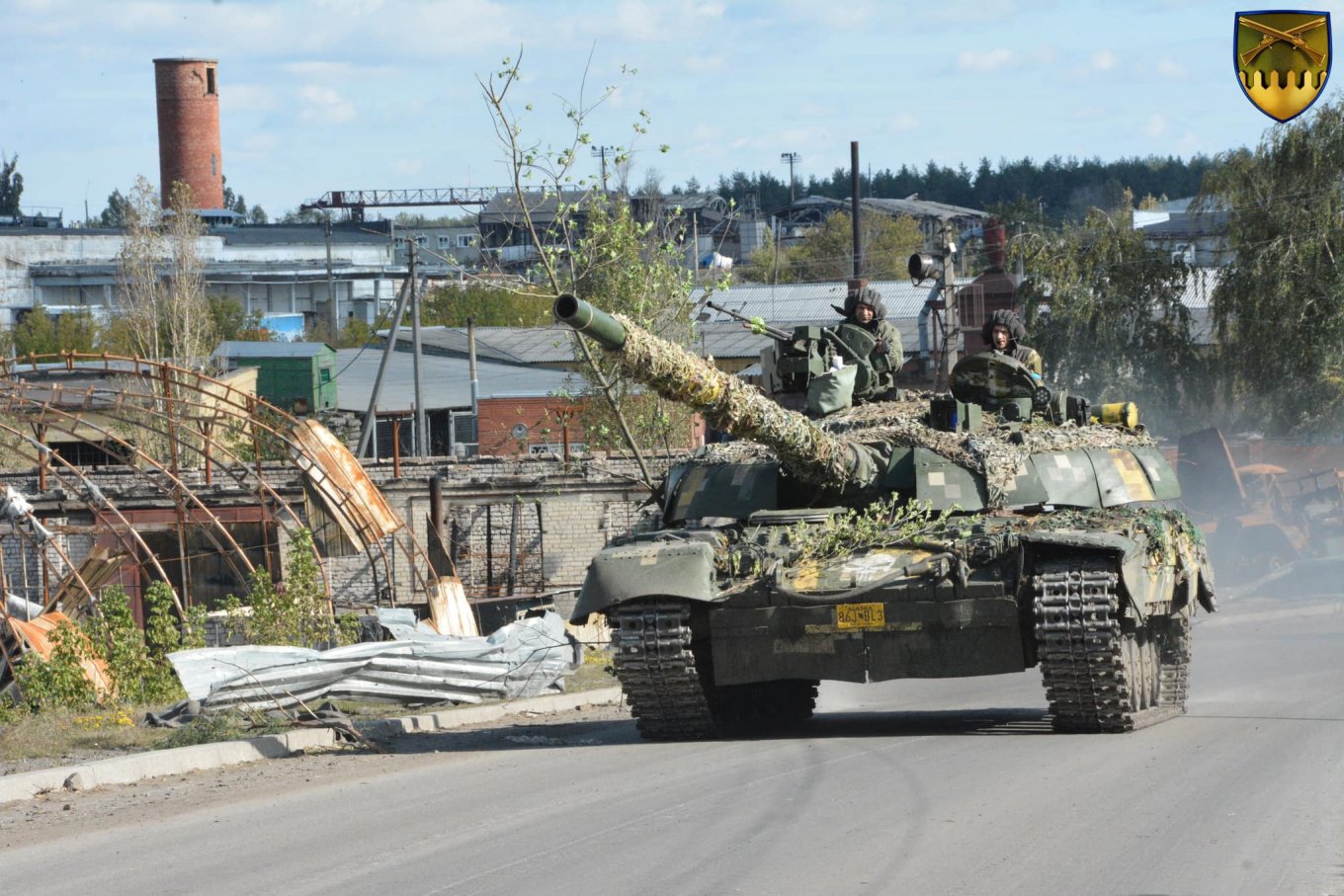
Russia's nuclear threats have grown louder as its position in Ukraine has become increasingly desperate, and Ukrainian troops now threaten to force the Russians to retreat from the key port city of Kherson -- yet another potential turning point in the war.
Syrskiy is one of the minds behind the two crucial victories so far that have enabled Ukraine's stunning success in pushing back russian forces.
When russian troops advanced on Kyiv in late February, shortly after launching the invasion of neighboring Ukraine, Syrskiy directed the defense that shattered putin’s initial objectives. Then in September, Syrskiy led the counteroffensive in northeastern Ukraine that liberated thousands of miles of russian-occupied territory -- a disaster for Moscow that forced putin to order a military draft and, for the first time, raised the prospect that russian forces might suffer a full defeat in Ukraine.
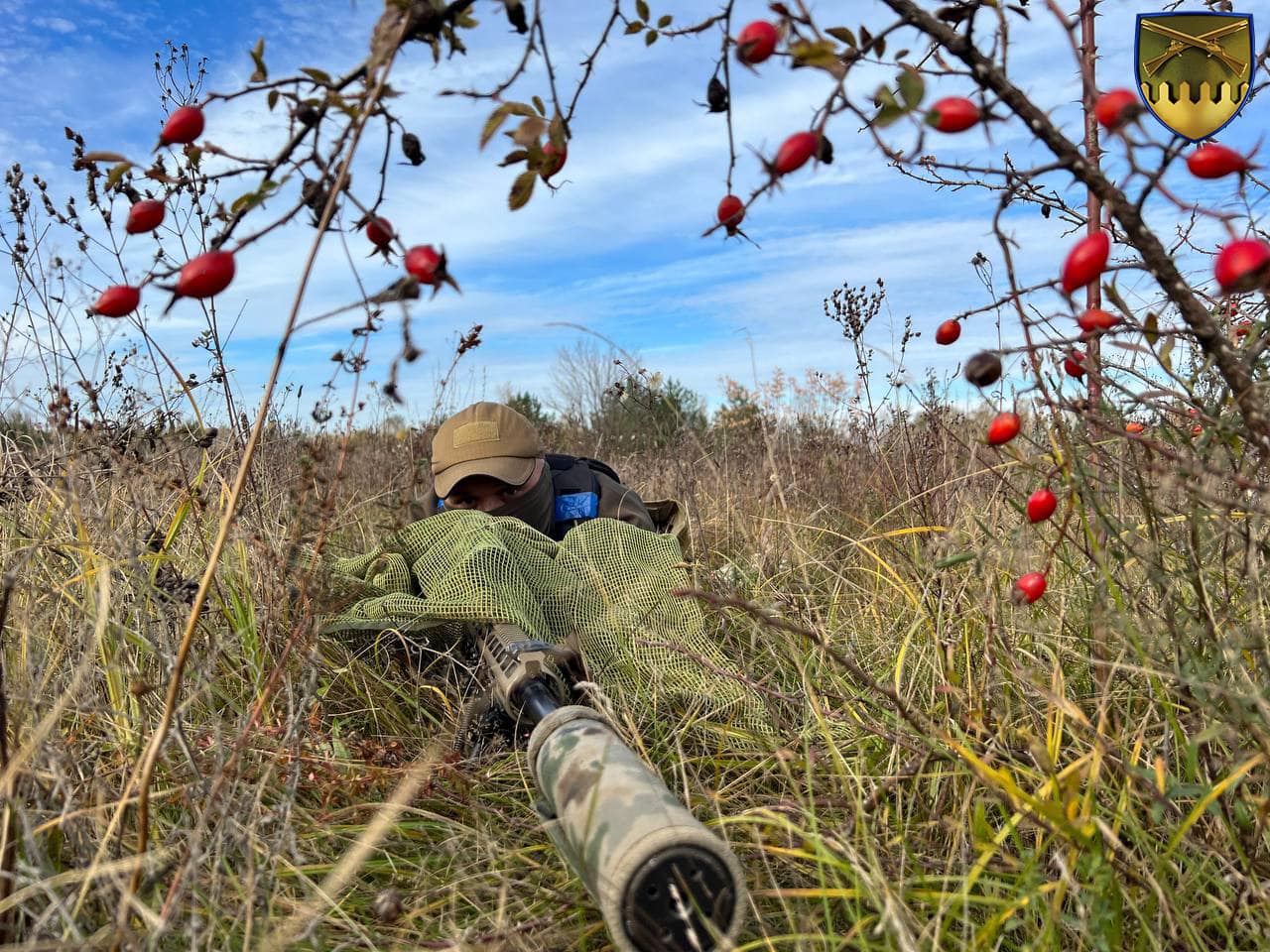
"Of course I think we are winning," Syrskiy told ABC News. "Because, first and foremost, we are winning the psychological battle."
But the commander warned against complacency, noting the heavy sacrifices that success has required of Ukrainians.
"We have success on the battleground, but war is difficult," he added. "There hasn't been any wars at that scale in Europe, or elsewhere in the world, since the Second World War. And we understand that this war is about survival of our people and our state, and this is why we have no other option but to win."
Syrskiy has a deep familiarity with the tactics of his enemy, having been trained in the same Soviet school of warfare. In the 1980s, he studied at the Moscow Higher Combined Arms Command School. Now, he's exploiting that knowledge on the battlefield.
"It's easier to understand your enemy's actions," he told ABC News. "You can foresee what he might do in different situations."
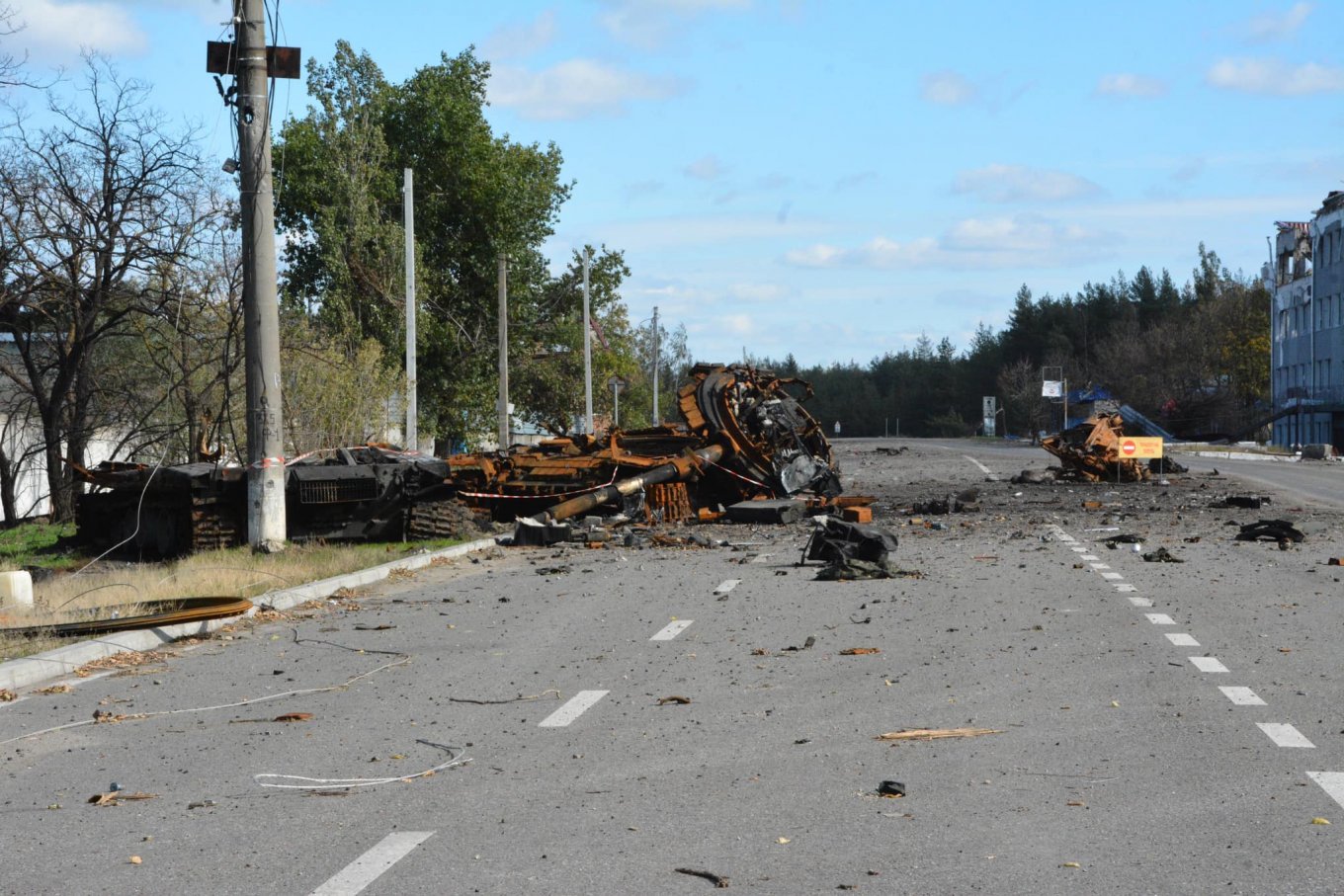
But as a commander, like the rest of Ukraine's military leadership, Syrskiy has embraced a different mode of military thinking since even before 2014 -- adopting NATO doctrines that grant greater initiative to more junior officers on the ground and moving away from the top-down Soviet approach.
Now fighting in Donbas, Syrskiy said Ukraine's strategy was to avoid full-frontal clashes that favoured russia's massed artillery and instead, steadily degrade russia's firepower by hitting supply hubs while launching constant mobile attacks. The goal, he said, was to achieve objectives with minimal losses.
"We achieve this by reliably hitting the firepower of the enemy, their artillery, avoiding frontal assaults, emphasizing raids and manoeuvers, attacking from the flanks and from the back," he added. "We create the conditions under which we can make the enemy nervous, start taking losses and abandon their positions."
The successful counteroffensive in the northeast led by Syrskiy has been hailed by military experts as a masterstroke that will go down in the history of warfare, alongside other victorious operations like the D-Day landings during World War II or the Battle of Saratoga in the American Revolutionary War.
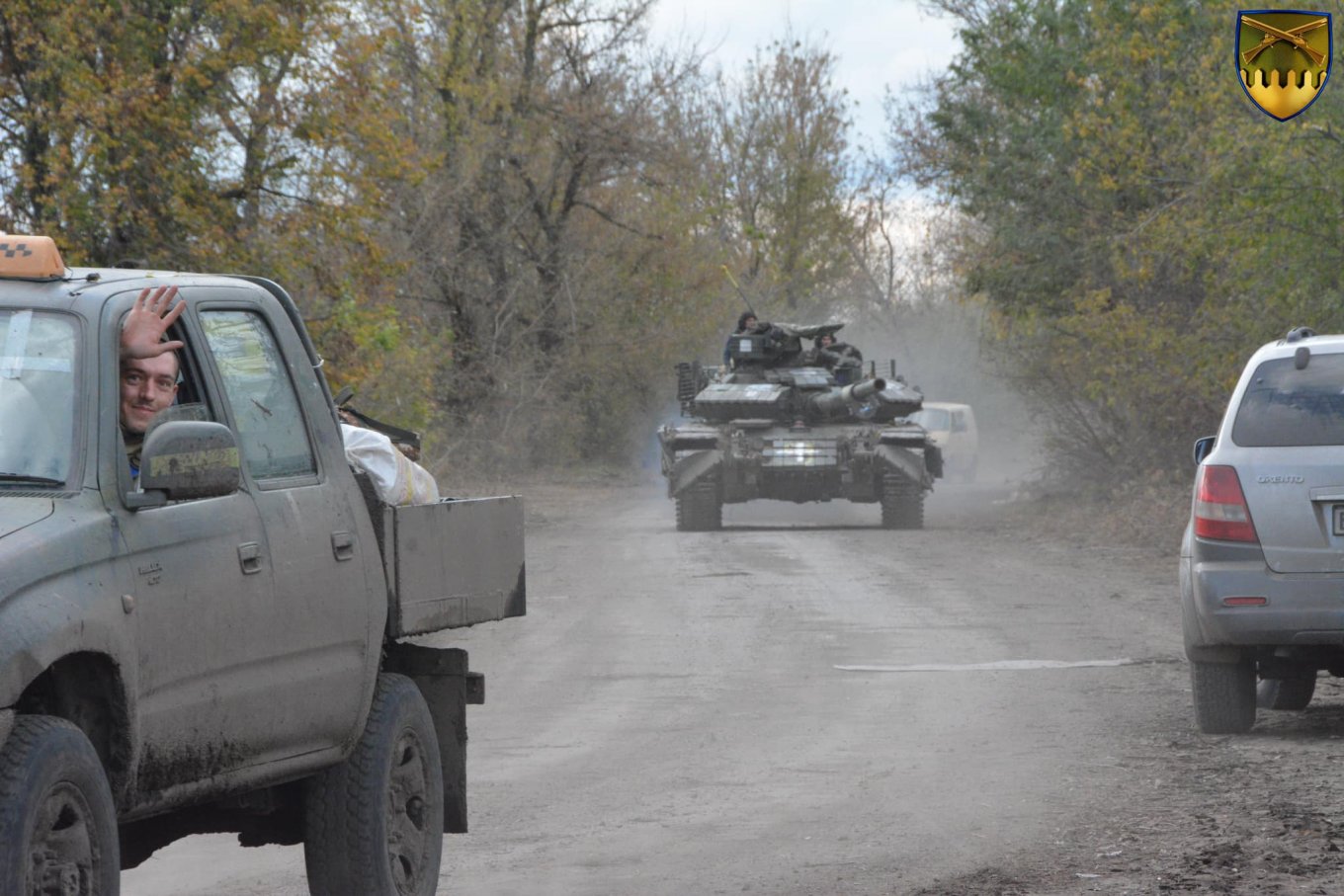
Ukraine's success relied on patience and misdirection, declaring a counteroffensive in its south over the summer which lured russia into pulling some of its best troops from the northeastern frontline. Once russia had thinned its defenses in the northeast, Ukraine struck, rapidly breaking through and causing russia's lines to collapse.
Initially, the northeastern counteroffensive had itself been planned as a feint to tie up russian units, according to Syrskiy. But he said he realized while planning the operation that russian forces there were weaker than expected, opening up an opportunity to deliver a blow that would have a much wider effect.
"When we were planning it, it became obvious to me that an advance in Kharkiv as an operation will benefit us most and will have the most negative impact on the enemy," Syrskiy told ABC News.
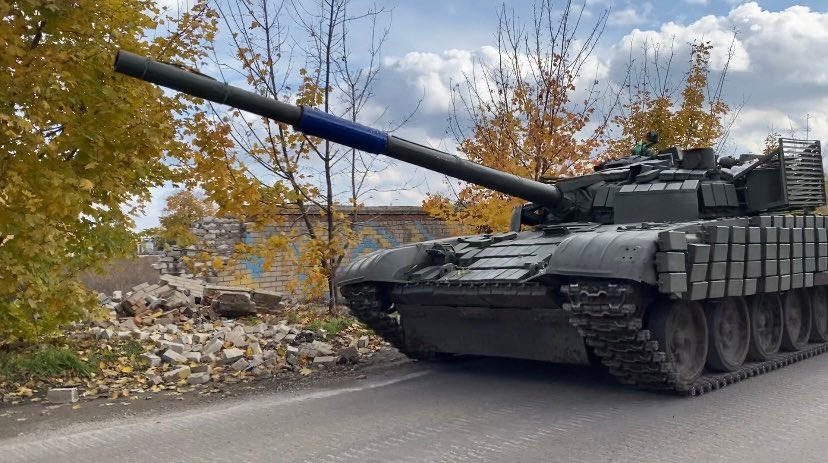
"I noticed it first in May during the first offensive operation around Kharkiv, when we managed to liberate 10 to 30 kilometers of areas surrounding the city," he added, before noting that it was only in the summer that the change in the balance in forces made the counteroffensive possible.
A similar Ukrainian success now looks possible in Kherson. Russia has ordered all civilians to leave the southern city amid reports it has already pulled back some veteran troops. But there are also concerns russia might blow up the nearby Kakhovka hydroelectric dam, which Ukrainian officials allege russian troops have rigged with explosives, threatening to flood Kherson.
There is also renewed concern around neighboring Belarus, from where russia launched its failed assault on Kyiv and where it has recently again begun moving in more troops and equipment. Western and Ukrainian officials have said that, for now, the new build up in Belarus is small and more likely a feint aimed at drawing Ukrainian troops away from the south.
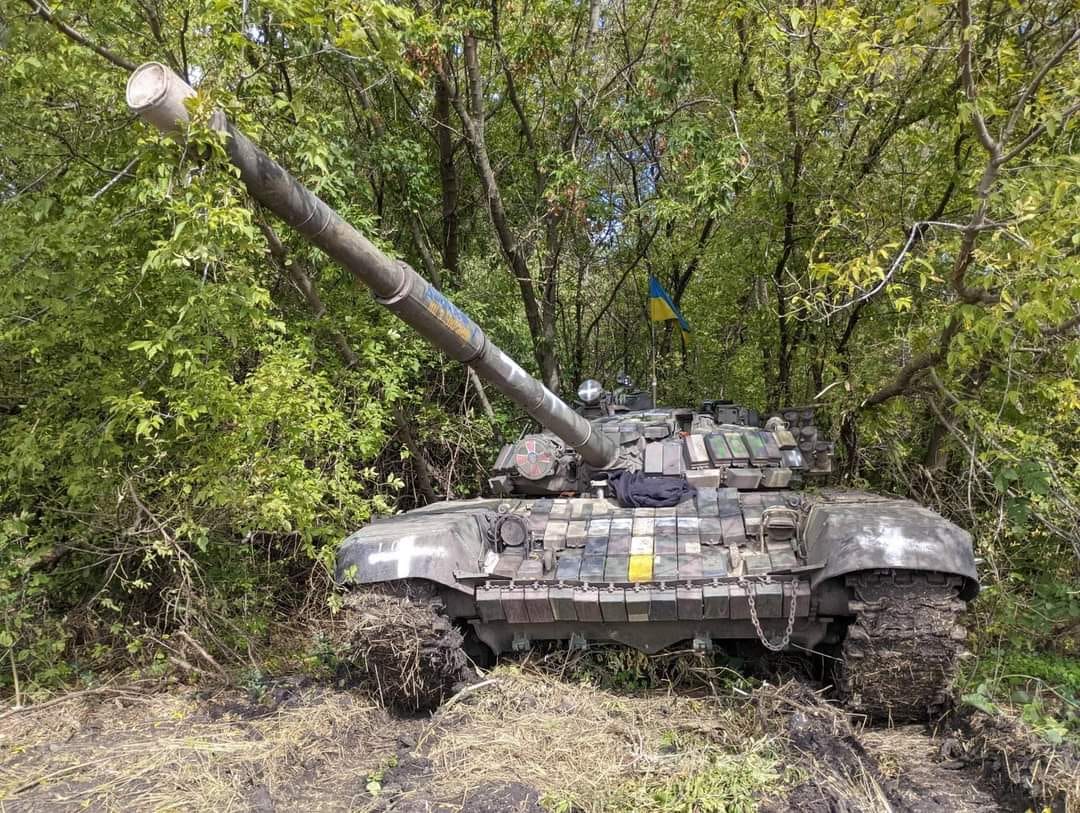
But Syrksiy said he believes the russian moves in Belarus do reflect preparations to try to move the fighting into new areas once again.
"Of course they are getting ready for escalation of the battle and switching the conflict to other combat zones," he told ABC News. "They are getting ready for action aimed at weakening our groupings and, to my mind, the possible purpose of that would be to cut or degrade our lines of communication and supplies."
But he said by doing so, russia again risks stretching itself too thin in the north.
"They risk stepping on the same rake twice and hitting themselves in the face," he added.
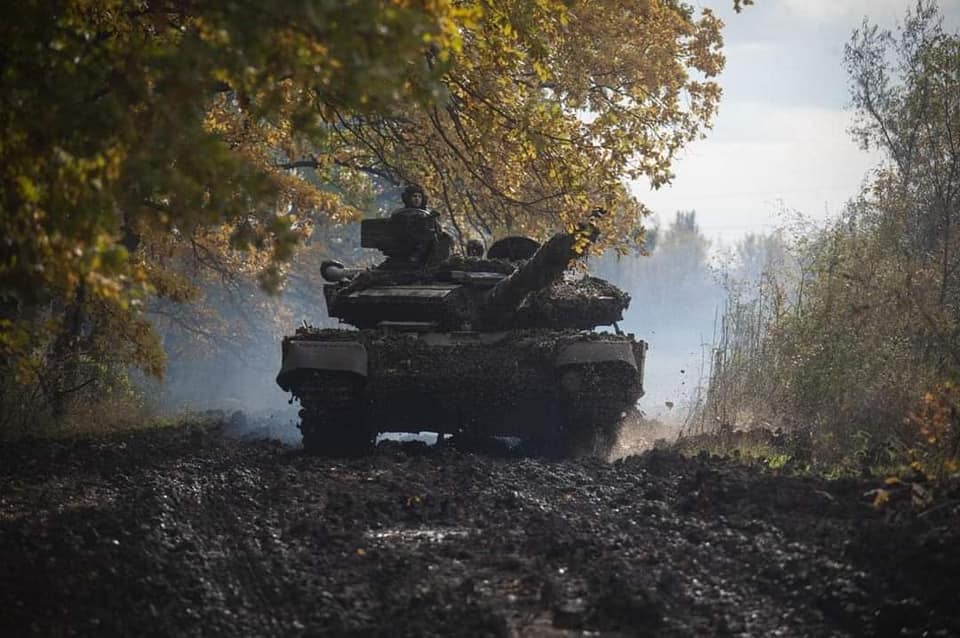
The possibility of Republicans taking control of the U.S. Congress in the midterm elections next month is also raising questions whether American aid will continue as strongly for Ukraine. Republicans are divided on the issue and some party leaders have suggested they might scale aid back.
When asked if he was worried that U.S. support could dry up if Republicans win more seats in Congress, Syrskiy said he doesn't get involved in politics.
"I trust the government. I trust the people of the United States of America. I trust that our strategic partner will continue to help us overcome our enemy come what may," he said.
Syrskiy said he was grateful to the American people for the aid, which he said played a key role in Ukraine's victories. Without U.S. weapons and ammunition, he said he couldn't even imagine how much harder the task would be.
When asked whether he believes putin would stop if Ukraine succeeded in liberating all its territory, Syrskiy said it doesn't matter and that the fastest way to end the war was for Ukraine to push russia out as quickly as possible.
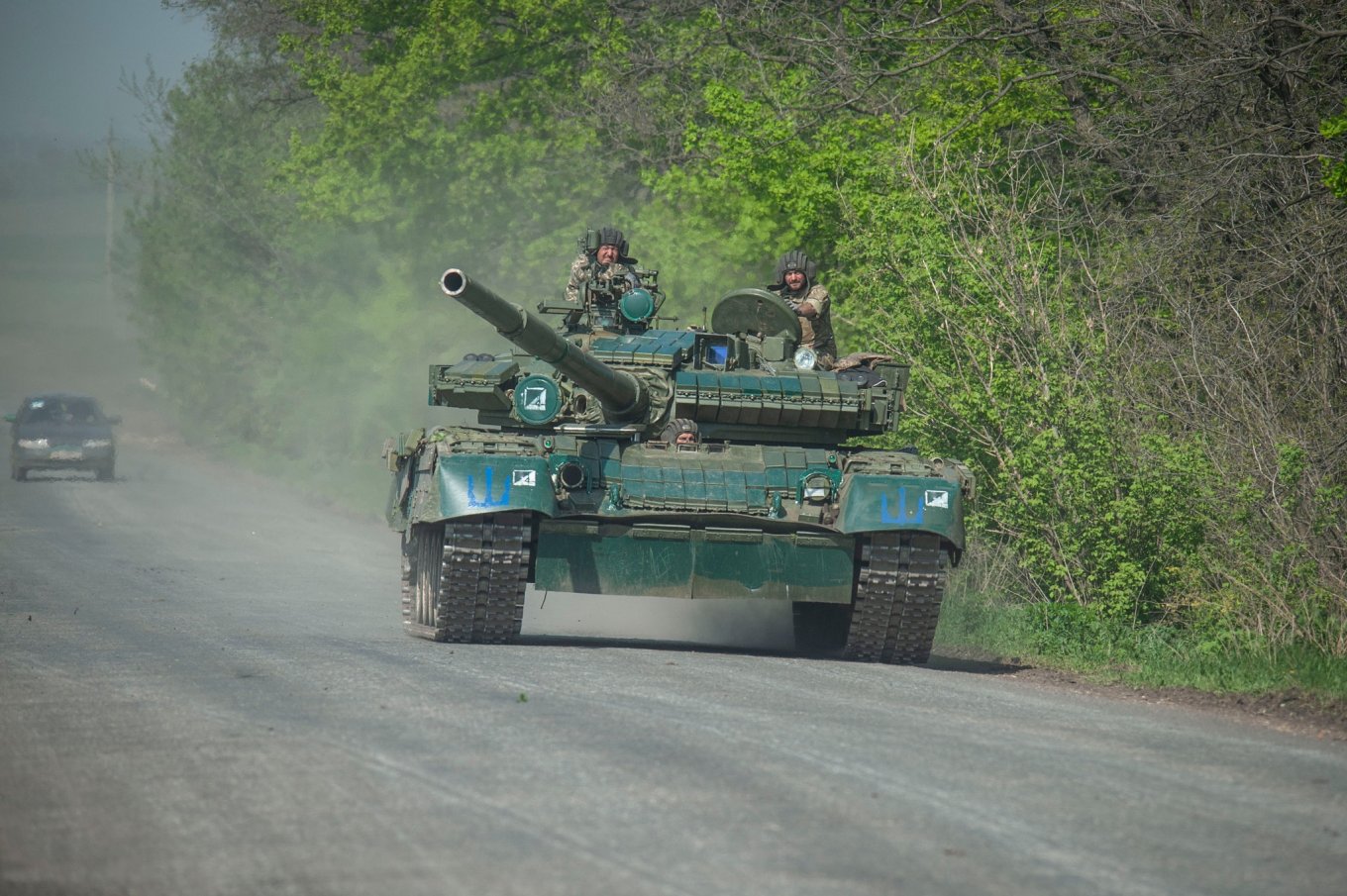
"We have no other option, we have to go forward, move straight to our state borders," he said, adding that victory would only be when Ukrainian flags were flying over all Ukraine's borders, "including Ukrainian Crimea."
Syrskiy recalled seeing razed villages last week as he drove near the recently liberated city of Lyman in northeastern Ukraine's Donetsk Oblast.
"You can't look at these scenes without getting emotional," he told ABC News. "You literally feel pain in my heart, in my soul, so certainly you want to deliver such a blow to the enemy that they can never get back to Ukraine."
The article Ian Pannell, Patrick Reevell, and Bruno Roeber for ABC News
Read more: Two Main Conclusions From Ukraine’s Counteroffensives: How They Reinforced Each Other And the Role of Experienced Commanders In Success



